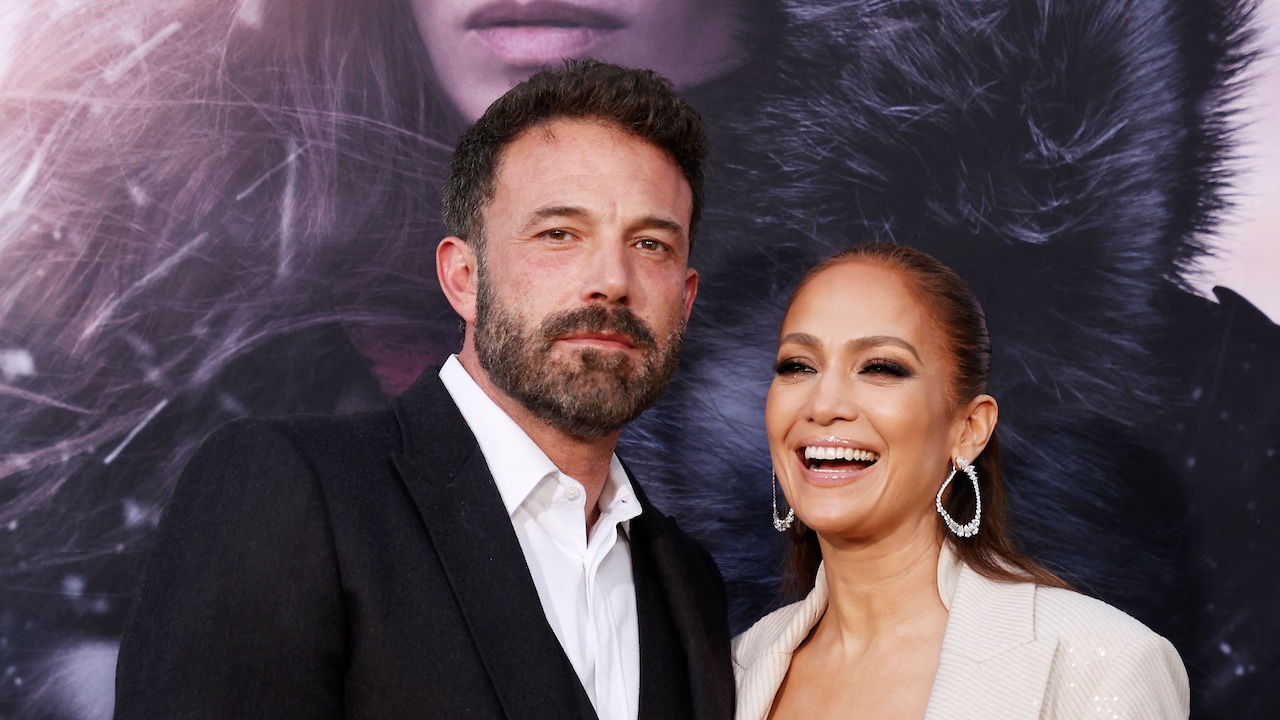Things I Adored About Shogun Miniseries, And Things I Didn't
I loved it! But...
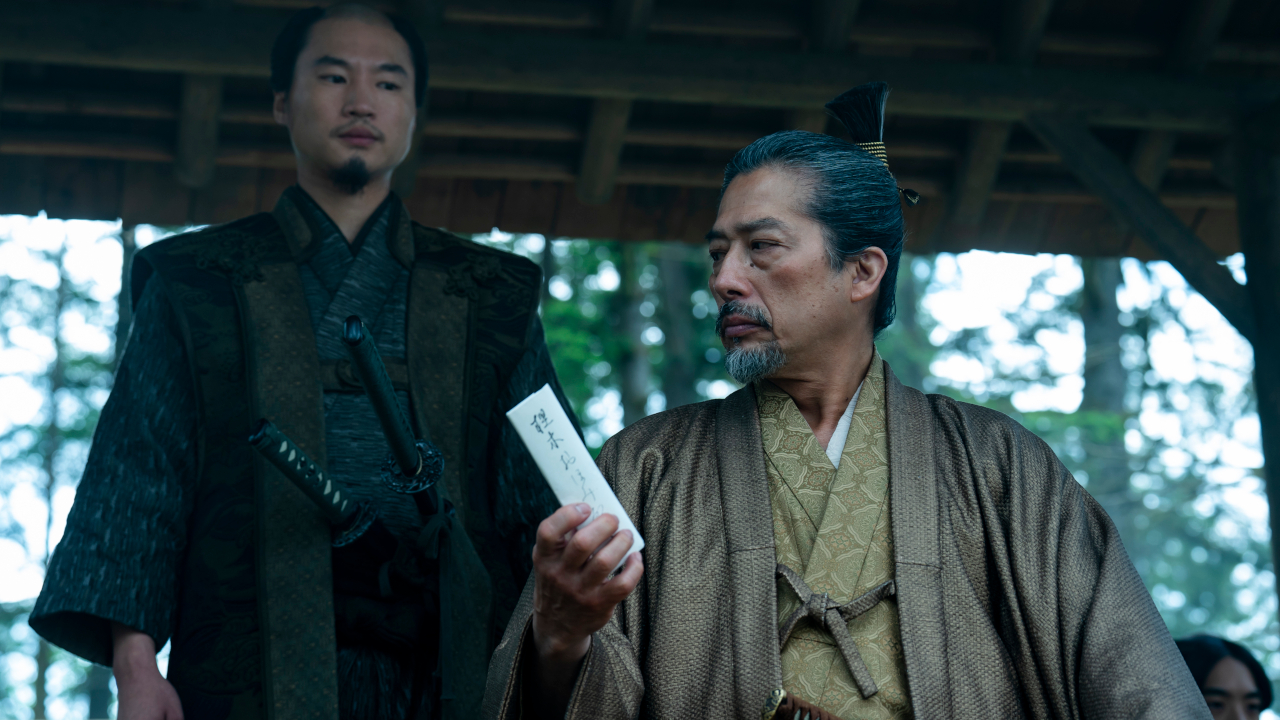
Well, we made it, people. As a big fan of the novel, Shogun, I’ve already spoken on how I loved the first couple of episodes of the miniseries.
However, now that it’s ended (and it’s ostensibly staying ended), my thoughts on it have slightly changed. Now, don’t get me wrong. Overall, I still absolutely adored the miniseries, especially when it came to maintaining authenticity to Japanese culture. But, at the same time, as somebody who came back to it week after week, there are a couple of nagging issues that I had with it. So, here are my plusses, and unfortunately, my minuses for the Shogun miniseries.
Oh, and spoilers up ahead if you haven’t already finished it yet.
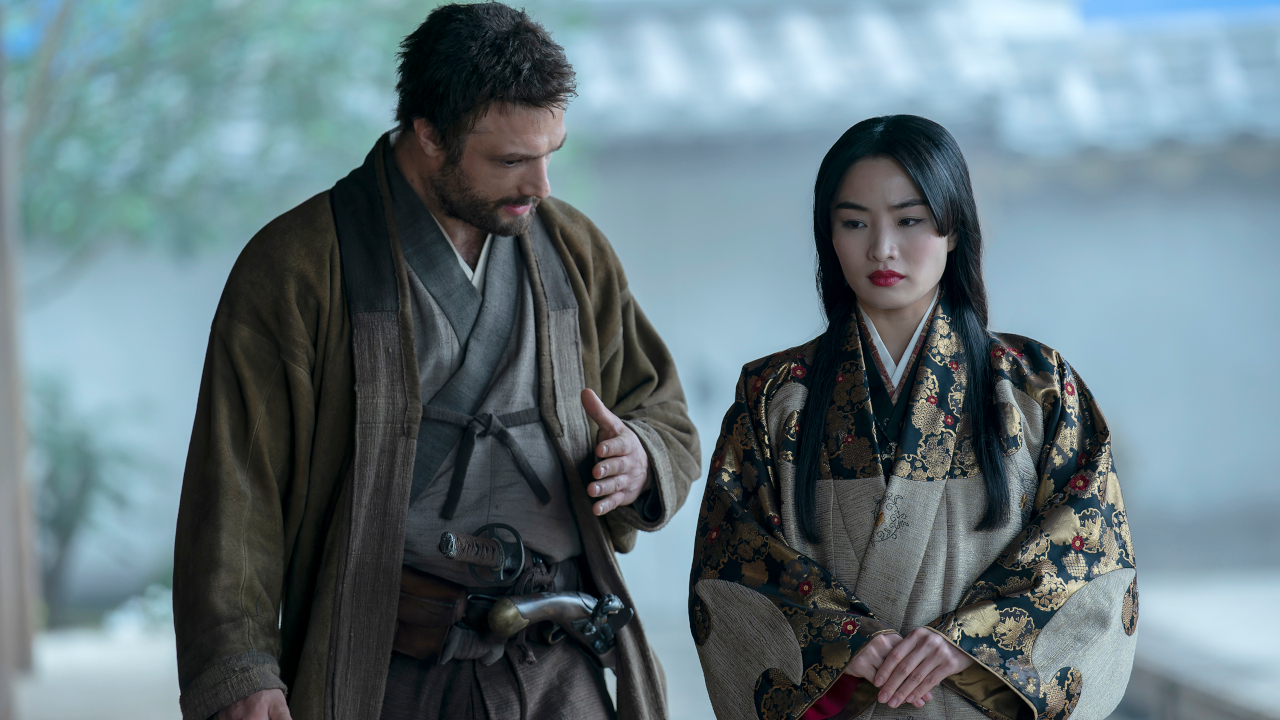
What I Loved: How The Story Dwelled Upon Its Quiet Moments
One of my favorite things about James Clavell’s famous novel of the same name is that while it does have its exciting moments, like the ninja attack, and Mariko’s unfortunate demise, it also has many more quiet moments. Now, this might seem like something that I wouldn’t want to see in a sprawling historical epic, but believe me, I do.
Because while there’s value to a giant, Battle of Winterfell-like, episode, that’s not what I was looking for out of Shogun. Instead, I loved watching all of the machinations play out. I’m a huge fan of Mariko’s discussion about “the eightfold fence,” and how one's true feelings must remain hidden.
This is just one reason why there was such conflict with Blackthorne, played immaculately by Cosmo Jarvis. As a foreigner, Blackthorne had no real concept about this internal guardedness, and it was fantastic to watch his character grow throughout the season to maybe not understand it, but to respect it in the end.
I was also enamored by all of the quiet scenes of Toranaga just thinking. Played by the fantastic Hiroyuki Sanada (Who will forever now be ingrained in my mind as the Toranaga whenever I envision the character), my favorite moments were when he would say one thing, but you could tell that he was playing mental chess and thinking four moves ahead. It was an absolute pleasure to watch him think his way out of almost certain defeat, and how he used his wits to dance out of war.
Your Daily Blend of Entertainment News
I also loved watching the four other regents making decisions that would affect everybody in Japan. These scenes really made me appreciate that the show decided to follow the book rather closely in certain regards, but then alter the plot at other times when it came to giving a bit more excitement. So, in that way, the show’s quietness was super effective.
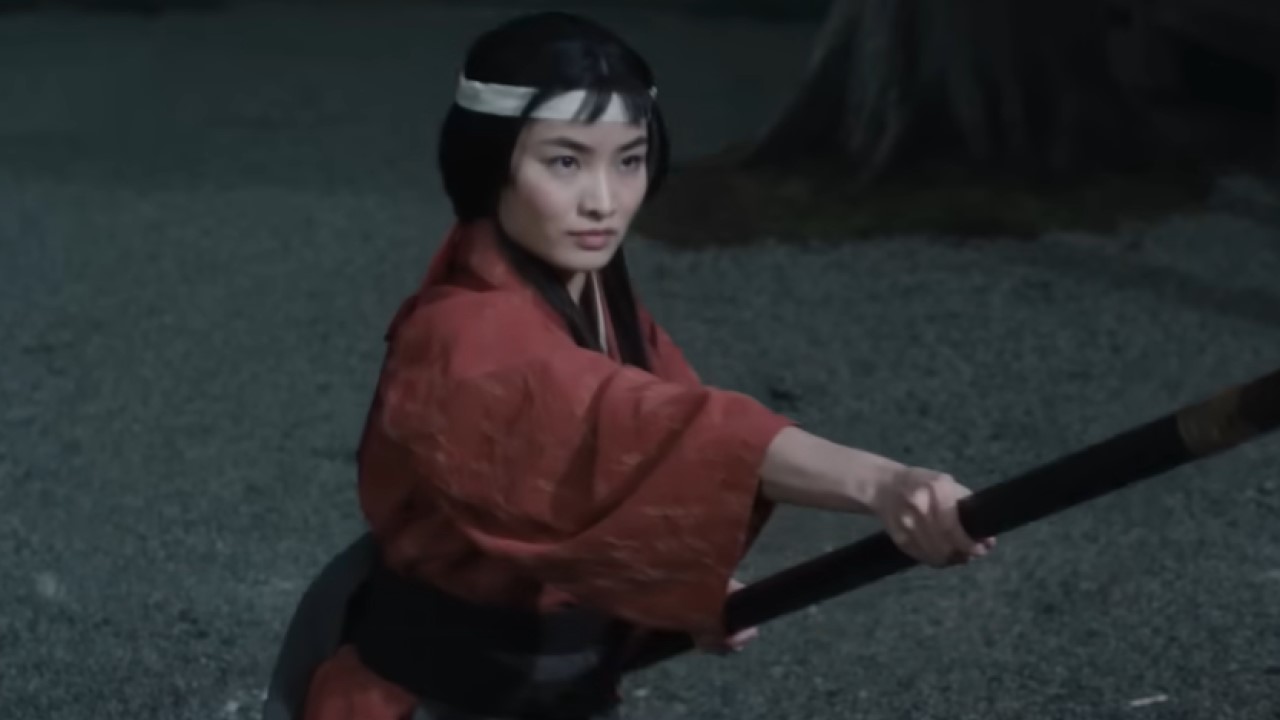
What I Wasn't Fond Of: It Never Shines In Japan?
Okay, so in case you didn’t know, this version of Shogun, unlike the 1980 adaptation, was not filmed in Japan. There are a number of reasons why, with Covid-19 being one of them, but this version of the series was actually filmed in British Columbia. And, while they did an admirable enough job of trying to hide the fact, it kind of shows.
Look, I think they did great work with the set designs, and the costumes. But, every time I’d come back to the show every Tuesday, it just got me thinking – doesn’t it ever shine in Japan? I mean, this is “the land of the rising sun,” but it’s always overcast here?
There are a few scenes where the sun does actually shine, and I have to think that this was a stylistic choice, since the sun shines in the first episode on Toranaga, and the sun is also shining again in the last episode on Toranaga, which leads me to believe that, as I just said, THE SUN SHINES ON TORANAGA, which has all sorts of metaphorical meanings.
That said, it just really dragged down the show for me to have to sit through week after week of gloomy weather. A lot of people might not have even noticed this, but I certainly did once it was pointed out to me, and it was kind of a bummer to have to come back to it every week.
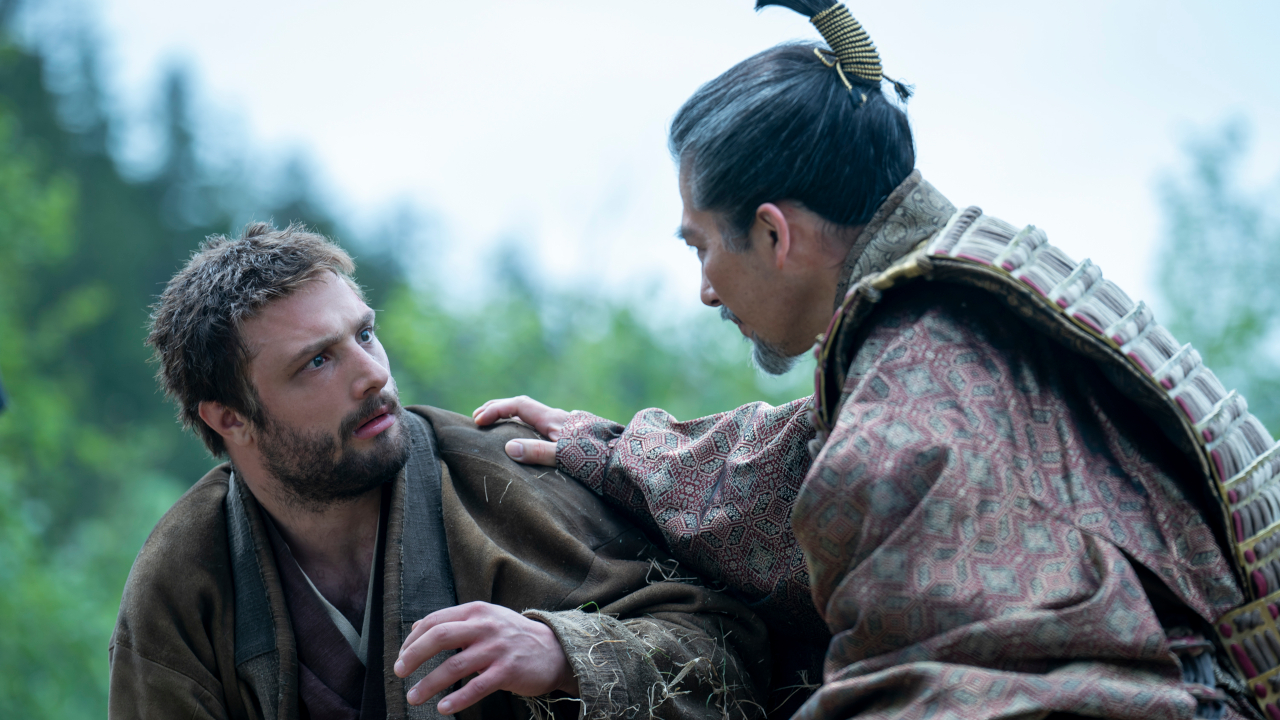
What I Loved: The Three Leads Had Brilliant Character Arcs, Just Like In The Book
Here’s the thing. For a time, I kind of struggled determining whose story exactly I should be following. In the book, our protagonist is definitively Blackthorne, and we see things from his perspective. But, the show took a much broader approach so we saw more of the Japanese side, which I think was the right move since it makes the story that much more interesting.
However, I didn’t really think Toranaga was the protagonist, either, in this version. He’s a prominent character, no doubt, but he’s mostly absent in later episodes, contemplating his next move.
So, was Mariko the protagonist? Well, sort of. But even she kind of disappears from the story at times, only to come back again when she’s needed.
That said, it wasn’t until the last few episodes that I really took a step back and realized that this series made all three of them the central protagonists. Because all of their stories coalesce in a way so that none of them really feel like secondary or tertiary characters. Instead, all three of their arcs feel completely intertwined, where no one story is more important than the other.
For example, when the series altered Blackthorne’s seppuku moment from the book, only to move it to the last episode, it made sense, given how far his character had come. When Mariko (played by the magnificent Anna Siwai) had her pivotal moment when she got to go out her way, it felt like a culmination of all of the events that came before it, and she truly felt like the main character steering the whole story.
All three character arcs were immensely successful, as all of them seemed to share the role of being the series’ primary protagonist. Bravo.
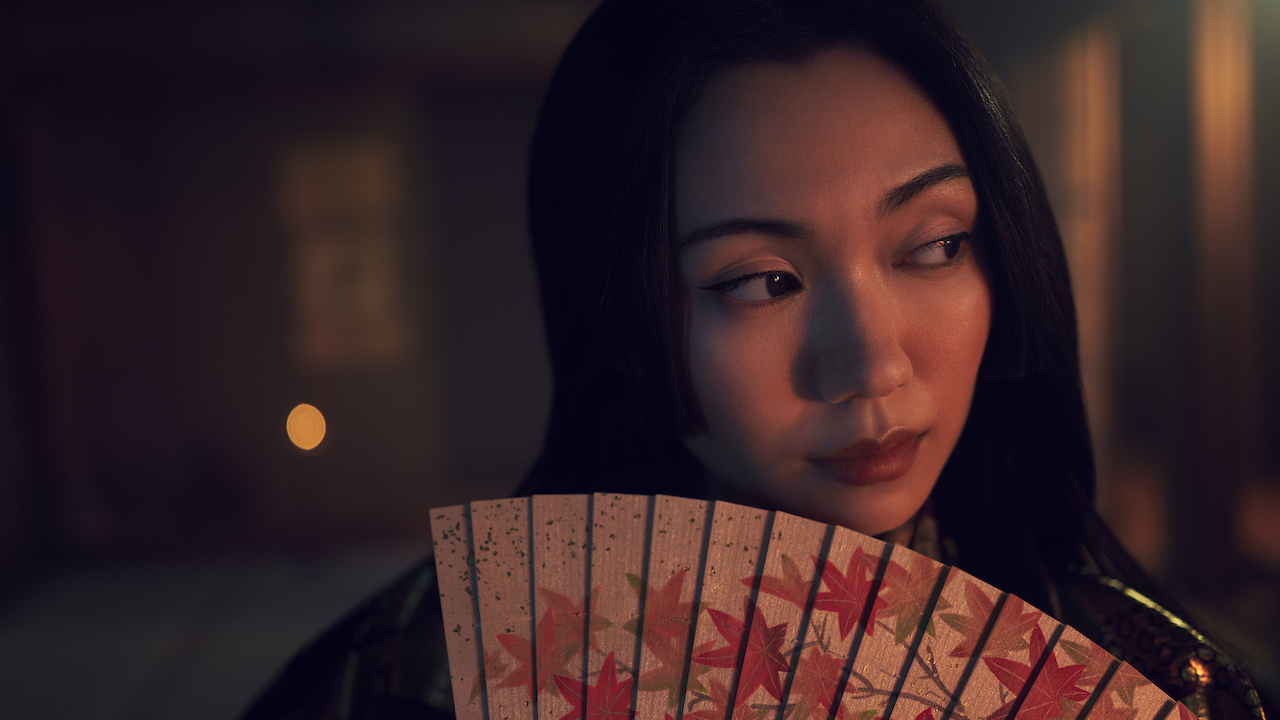
What I Wasn't Fond Of: Not All Of The Side Characters Felt Important
So, yeah. I just praised the hell out of how well Mariko, Blackthorne, and Toranaga were handled, but when it came to all of the side characters – sans maybe Yabushige, played by Tadanobu Asano – I think they kind of dropped the ball a little bit.
Don’t get me wrong, I think all of the characters had a purpose. But, when your big bad, Ishido, comes off as being more of an afterthought, then I think there may be an issue. And, that was a big problem for me. Because even though there are tons of characters in the Shogun novel, I felt like they were handled better there than in this miniseries.
Sure, there’s very little time to make certain that all of them feel important, but many of them (such as Toranaga’s son, Nagakado), just felt like they were there to advance the plot, and nothing more, so that was kind of a bummer.
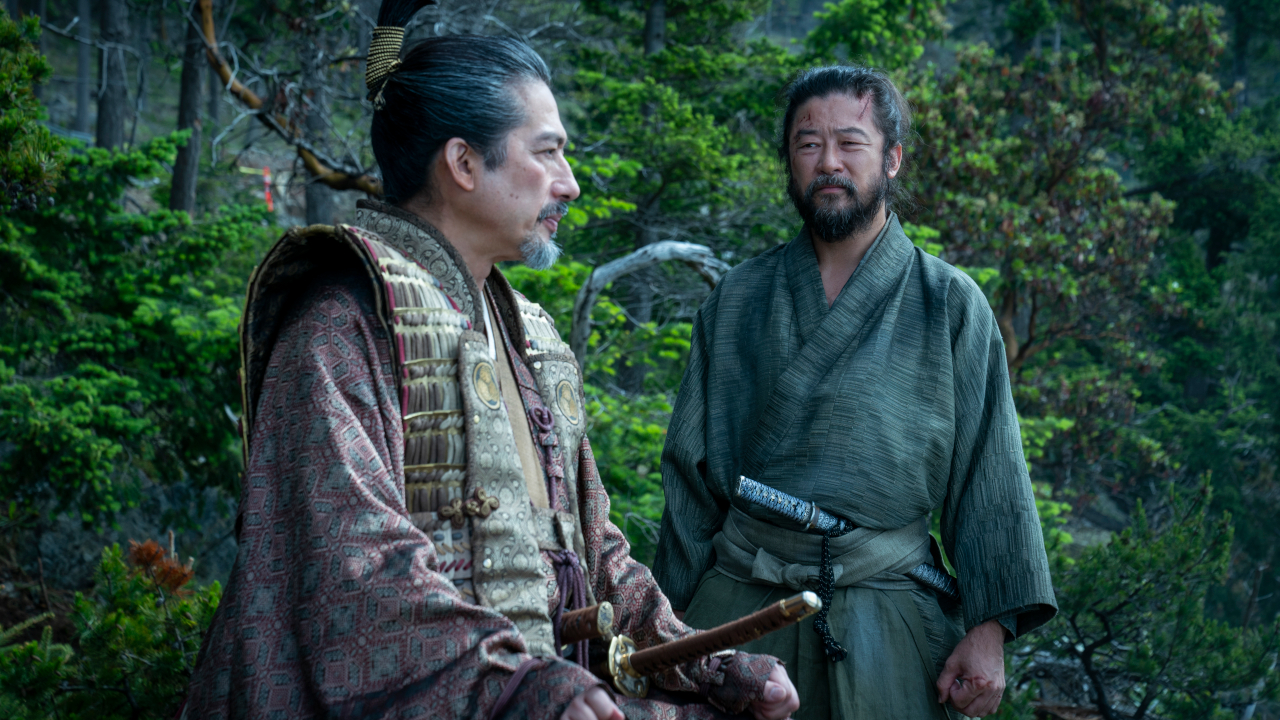
What I Loved: It Had A Satisfying Conclusion And Isn't Leaning Toward A Second Season
Finally, as I mentioned earlier, it looks like we’re not getting season two of Shogun, and I couldn’t be happier. That might sound harsh, but it’s actually a compliment, as I don’t think it needs a second season. It was all wrapped up in a satisfactory way, and everything was concluded meaningfully. And, you really can’t say that about every miniseries.
In fact, I honestly do think that the show could be extended to a second season if they wanted to, as they could depart from the book entirely and show Blackthorne living out the rest of his life in Japan, pining away for his Mariko-sama, and Toranaga could lead Japan as the Shogun.
But, this miniseries is perfectly content with saying, no. We told the story we wanted to tell, and just like the novel, we’re coming to a close at a good place. Frankly, I wish more shows would end with such finality.
What are your feelings on Shogun now that it’s over?
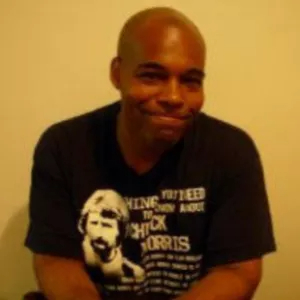
Rich is a Jersey boy, through and through. He graduated from Rutgers University (Go, R.U.!), and thinks the Garden State is the best state in the country. That said, he’ll take Chicago Deep Dish pizza over a New York slice any day of the week. Don’t hate. When he’s not watching his two kids, he’s usually working on a novel, watching vintage movies, or reading some obscure book.
